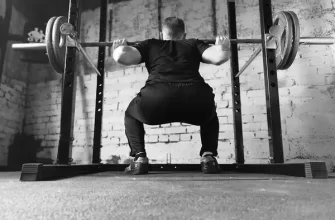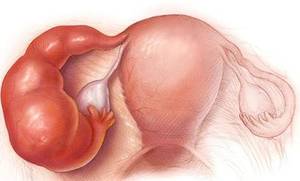Having to deal with hard and bulky bowel movements can cause discomfort and perhaps even pain. It is important to find ways to effectively manage and alleviate this issue, whether it is a temporary problem or a long-standing condition. This is crucial for maintaining a healthy digestive system.
We will discuss different solutions and provide advice to help you handle hard and large stools.
Hydration as the Foundation
Dehydration is a frequent reason for the occurrence of hard and sizable stools. When there is not enough water consumption, the colon lacks moisture, causing the stools to become harder and more challenging to pass. To address this issue, it is recommended to increase daily water intake in order to soften and increase the volume of your stool, thus making it easier to pass. It is advised to aim for a minimum of eight glasses of water a day and incorporate hydrating foods like fruits and vegetables into your diet.
Fiber-Rich Diet
Dietary fiber is important for keeping your bowel movements regular. When you have a diet that is high in fiber, it adds volume to your stool, making it easier to go to the bathroom. To increase your fiber intake, include foods like whole grains, fruits, vegetables, legumes, and nuts in your meals. Additionally, you might want to consider adding more sources of soluble fiber, such as oat bran, flaxseeds, and psyllium husk, as they can absorb water and help make stools softer.
Avoid Processed Foods
Processed foods tend to be low in fiber and high in unhealthy fats, which can contribute to constipation and hard stools. Reduce your intake of processed and fast foods, as well as refined flour products like white bread and pasta. Opt for whole-grain alternatives, which provide more fiber and nutrients.
Regular Exercise
Physical activity is not only essential for overall health but also for maintaining regular bowel movements. Engaging in regular exercise stimulates the muscles in your colon, promoting more efficient digestion and bowel function. Aim for at least 30 minutes of moderate exercise, such as brisk walking, jogging, or cycling, most days of the week.
Over-the-Counter Remedies
Sometimes, natural remedies alone may not be sufficient to prevent hard and large stools. OTC laxatives, stool softeners, or fiber supplements can provide temporary relief by loosening the stool or increasing its bulk. However, it’s essential to consult a healthcare professional before using any OTC products, especially if you have an underlying medical condition or are taking other medications.
Bowel Training Techniques
For individuals with chronic constipation or difficulties passing stools, bowel training techniques can prove helpful. Set aside specific times during the day to sit on the toilet, as this can stimulate the gastrocolic reflex and promote regular bowel movements. Avoid straining or forcing the stool, as it can worsen the problem. Maintaining a consistent schedule, even if you don’t feel the urge, can help regulate your bowel movements over time.
Conclusion
Managing hard and large stools requires a multi-pronged approach focused on hydration, dietary modifications, regular exercise, and, in some cases, OTC remedies. By incorporating these solutions and tips into your daily routine, you can help alleviate discomfort and maintain a healthy digestive system. However, if you continue to experience persistent stool-related issues or have concerns, it’s crucial to seek professional medical advice to identify and address the underlying cause.









